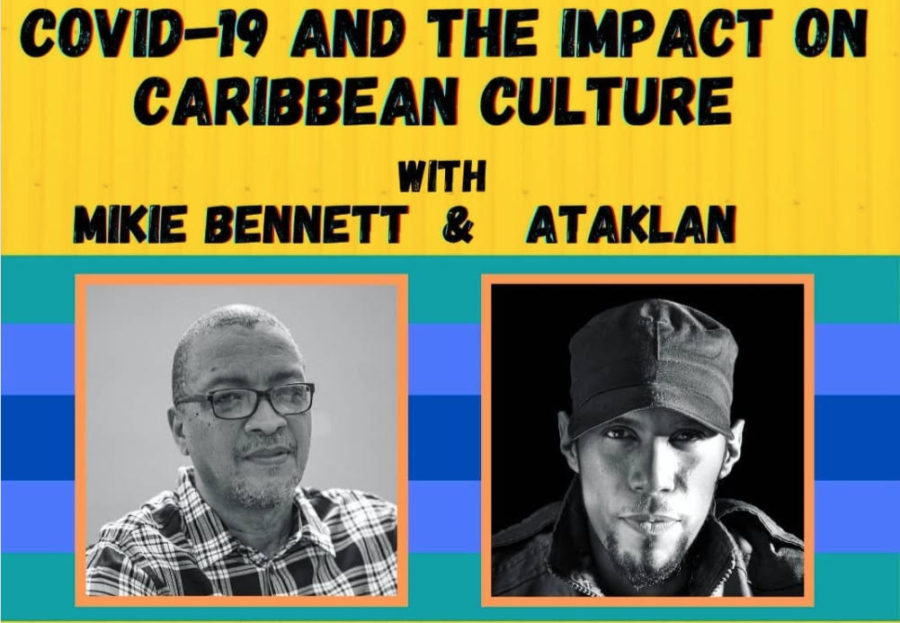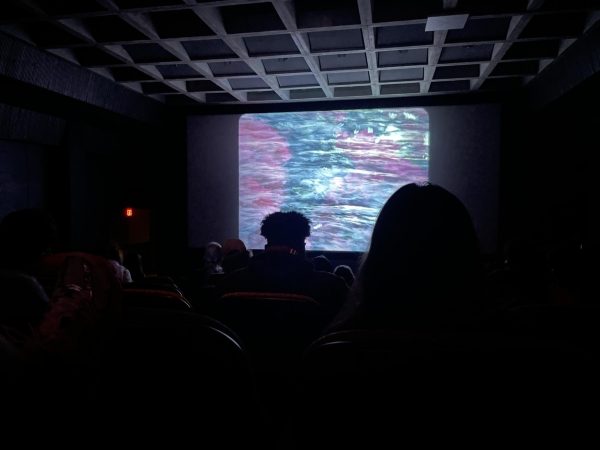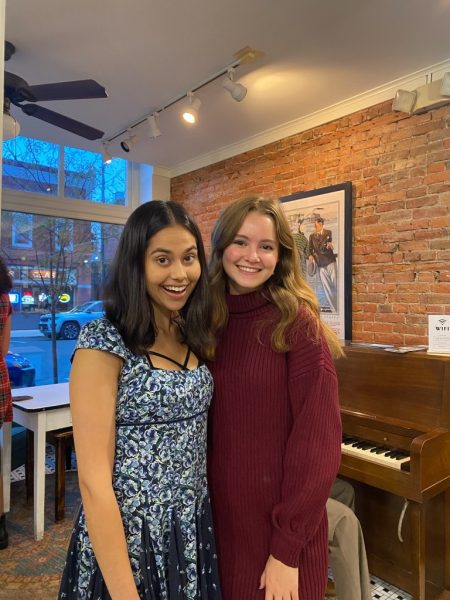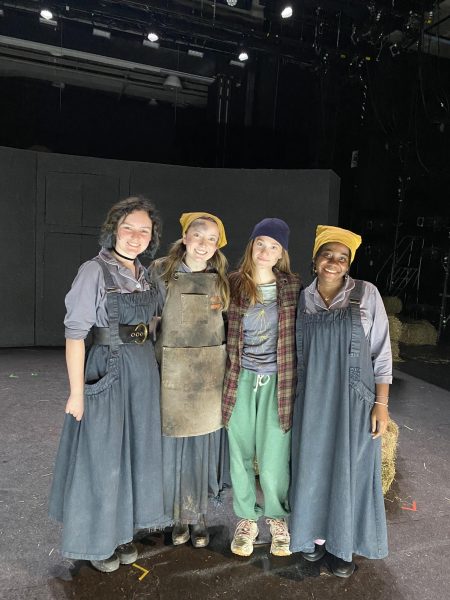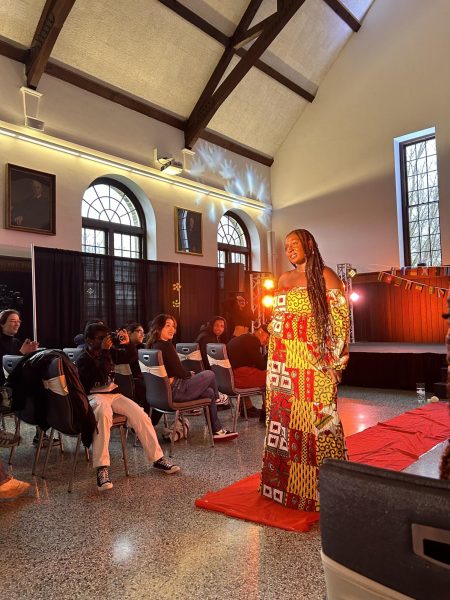COVID-19 and the Impact on Caribbean Culture
On Wednesday, March 31 producer Mikie Bennett and recording artist Ataklan (aka Mark Jiminez) joined Professor April Baptiste, Coordinator for Caribbean Studies for ALST, and Professor Kezia Page, Director for ALST, to speak on their experiences for the Caribbean Week Keynote Panel: COVID-19 and the Impact on Caribbean Culture. The Zoom webinar was included in the Caribbean Week events, presented by the Caribbean Students Association and the Africana and Latin American Studies (ALST) Program and sponsored by the Dart Colegrove Commons.
Mark Jiminez is a Trinidadian singer, songwriter, producer and promoter who operates the record label TAJ Records and is regarded as a genuine and well-renowned voice of Trinidadian and Soca music. Mikie Bennett, known as the “Quincy Jones of reggae,” is a distinguished producer from Jamaica, the managing director of Grafton Studios and Director of Culture for the FIWI Jamaica project at UTECH. Together, they provided deep insights into the effects that the global pandemic has had on the Caribbean music industry over the past year.
For Jiminez, the impacts of the COVID-19 pandemic on the Trinidadian music industry have been profound. Notably, the Festival of Carnival, historically drawing over 40,000 tourists during the season of Lent to celebrate culture and music, has been fundamental to Trinidadian music in terms of both cultural significance and economic stimulation. The pandemic prevented the traditional Carnival celebrations, thus requiring a new approach to the festival. Jiminez explained that translating a “sensory, euphoric [physical] celebration,” characterized by Soca music’s connection to physical dance with friends and family, into an online format has been very challenging. However, Jiminez noted that “the pandemic provides an opportunity to find new ways of how to explore technology and celebration.”
Although Jamaica does not host a celebration reminiscent of Carnival which brings in a large number of tourists for a specific event, Bennett echoed Jiminez’s thoughts on the struggles of virtual entertainment, citing the importance of live celebration to Jamaican people. Bennett explained that reggae music “reflects the lifestyle of Jamaica” and is “a wonderful tool for the philosophy of Rastafarian.” Reggae, and a subgenre of reggae called dancehall, rely heavily on revenue from performing live and touring to finance the industry; due to the importance of physical contact to the DNA of reggae and dancehall, the music industry and Jamaican culture have suffered greatly during this time of quarantine and travel limitations.
Both Bennett and Jiminez stressed the importance of social media in the contemporary Caribbean music industry, pre-pandemic and now especially with the move to virtual entertainment. This transition between physical celebration to digital sharing was spoken about at length by Bennett, who noted that this transition isn’t confined to audio streaming but a variety of virtual content, engendering artists to more profoundly focus on modes of distribution. Jiminez also hopes that Caribbean artists will be able to grow their audience virtually, utilizing social media as a tool for this. According to him, “The Caribbean has always been a great contributor to world culture, creativity, and music.” Jiminez hopes that with greater recognition of the shifting paradigm of global music, Caribbean-based music will be able to grow to take up more space in the international sphere. Explaining that the Caribbean diaspora are resilient and creative people who will be able to use this time to innovate, Jiminez expressed optimism for an expansion of Caribbean music into larger and more mainstream spaces. Furthermore, both Jiminez and Bennett stressed the promising role today’s youth play in the revitalization and extension of Caribbean music.
First-year Mel Anderson stressed the personal importance of the event.
“I grew up in the Caribbean, so attending the Caribbean Week Keystone Panel made me realize how much I miss Caribbean culture and especially Carnival. One big takeaway that I got from the event was the large impact of COVID-19 on Carnival and other aspects of Caribbean Culture, and the role of young people in helping to globalize and carry on the work of older generations. I wish there was more of a presence and events at Colgate aside from this week.”


